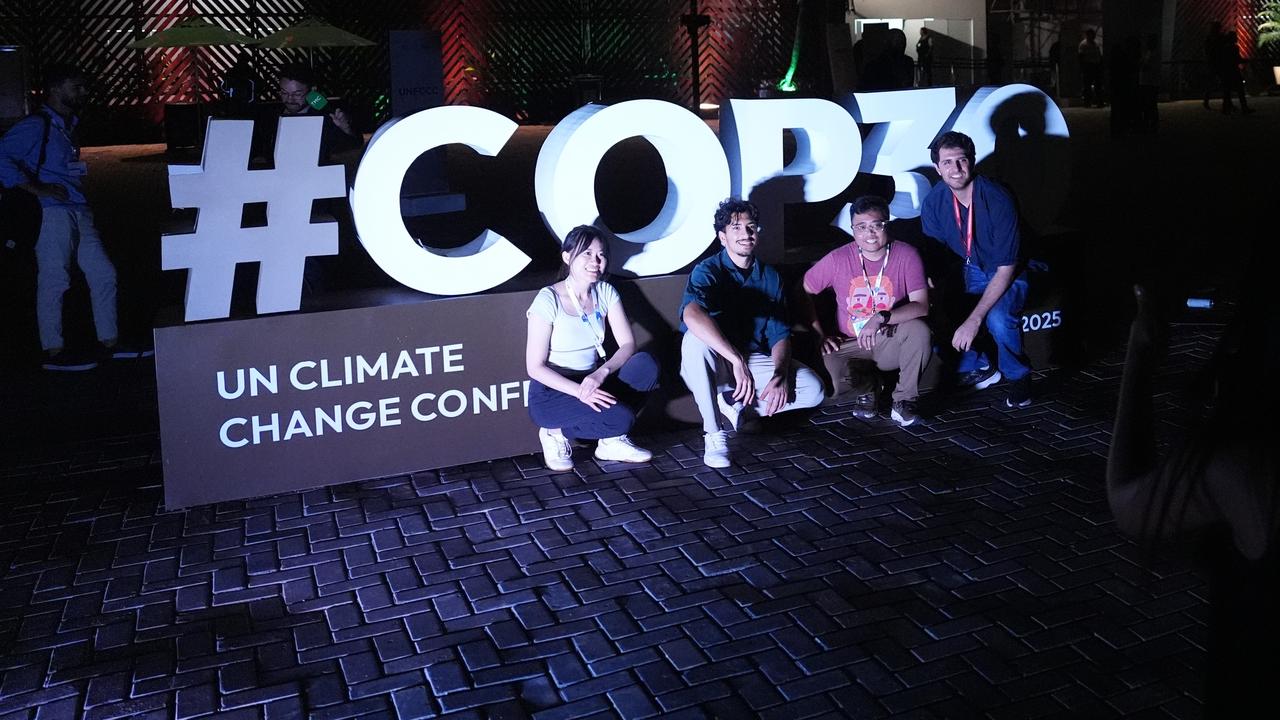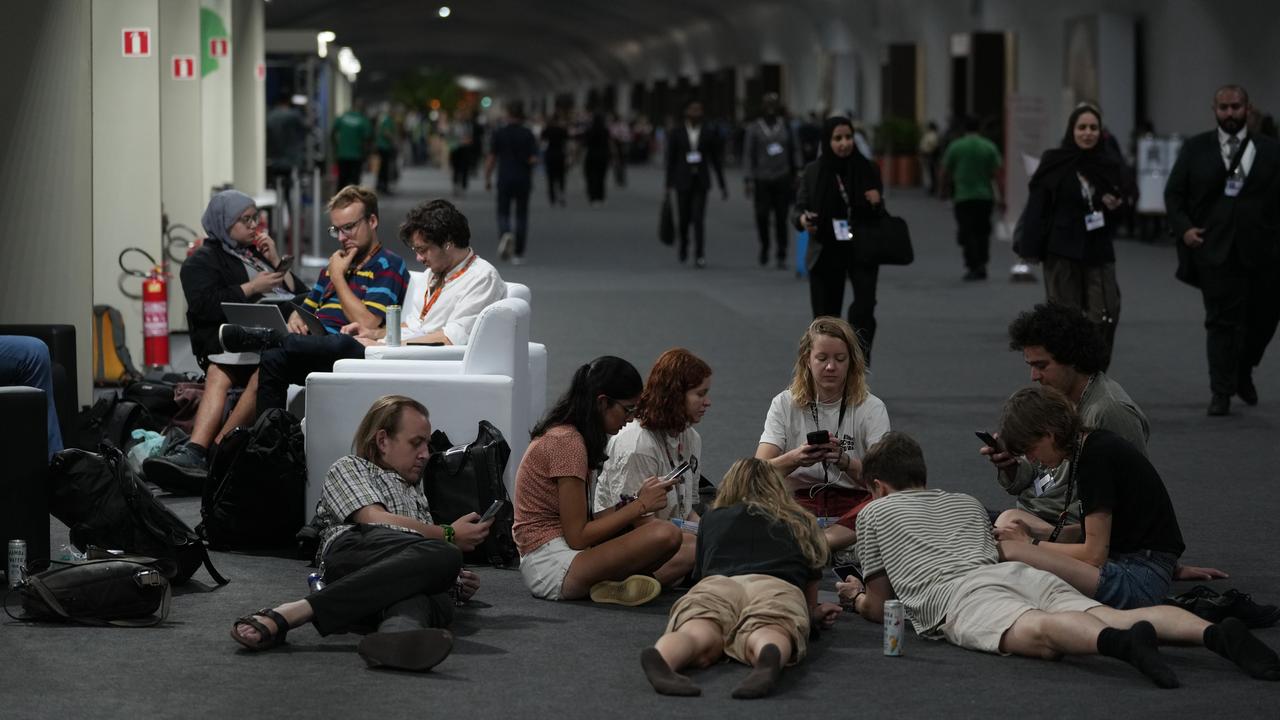
The COP30 climate talks in Brazil have reached a tentative deal, sources say, after negotiators resolved a protracted stand-off over action to cut greenhouse gas emissions and climate finance.
The two-week conference, billed as a chance to show that countries can still join forces to tackle climate change despite the absence of the United States, had been scheduled to end on Friday but dragged into overtime on Saturday as negotiators struggled to resolve the deadlock.
Sources said the impasse was resolved after all-night negotiations led by host Brazil although a final deal text had not yet been published and details of the compromise were not immediately clear.
The European Union agreed not to stand in the way of a deal, two sources familiar with the matter told Reuters on Saturday morning.

Any deal needs a consensus to be approved.
The talks had been deadlocked over the balance between advancing the implementation of a 2023 promise to move away from fossil fuels, and wording around the flow of climate finance – to adapt to the effects of global warming – from developed countries to poorer ones.
The European Union had been pressing for language on the move away from fossil fuels but had come up against stiff resistance from the Arab Group of countries including Saudi Arabia.
COP30 President Andre Correa do Lago said on Saturday the presidency would publish a side text on fossil fuels, as well as on protecting forests, as there had been no consensus on these issues at the global climate talks.
“I will announce that the Brazilian presidency will do the two ‘roadmaps’ because visibly we did not have maturity to reach consensus. I believe if we do it under the presidency we will have results,” he said.
Delegates also agreed that rich countries must triple adaptation finance for developing countries by 2035, building on a 2025 doubling target, according to one source familiar with the negotiations.
The decision, which would be part of the COP30 agreement, would urge wealthy countries to increase funding to help poorer ones cope with the effects of climate change.